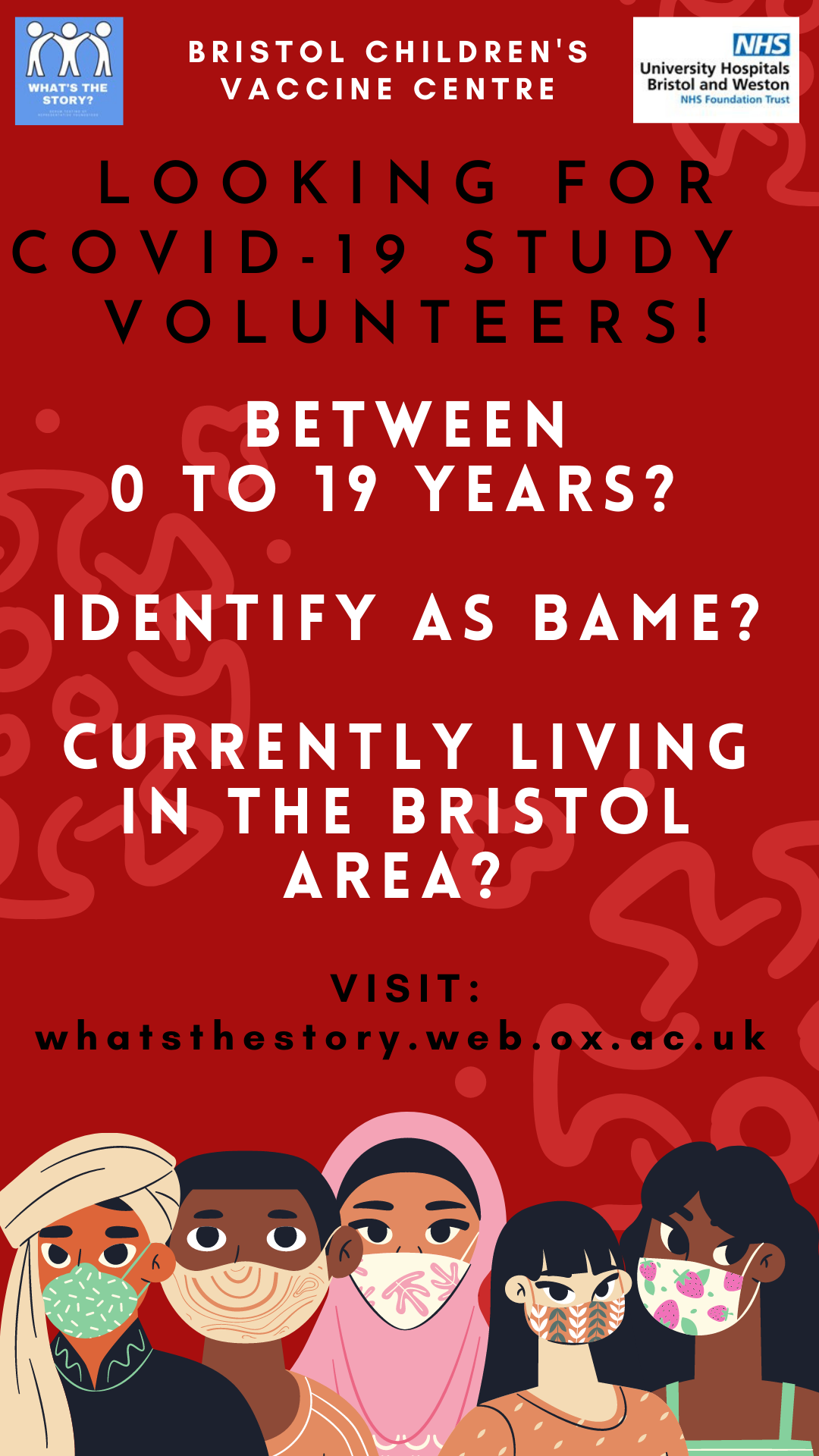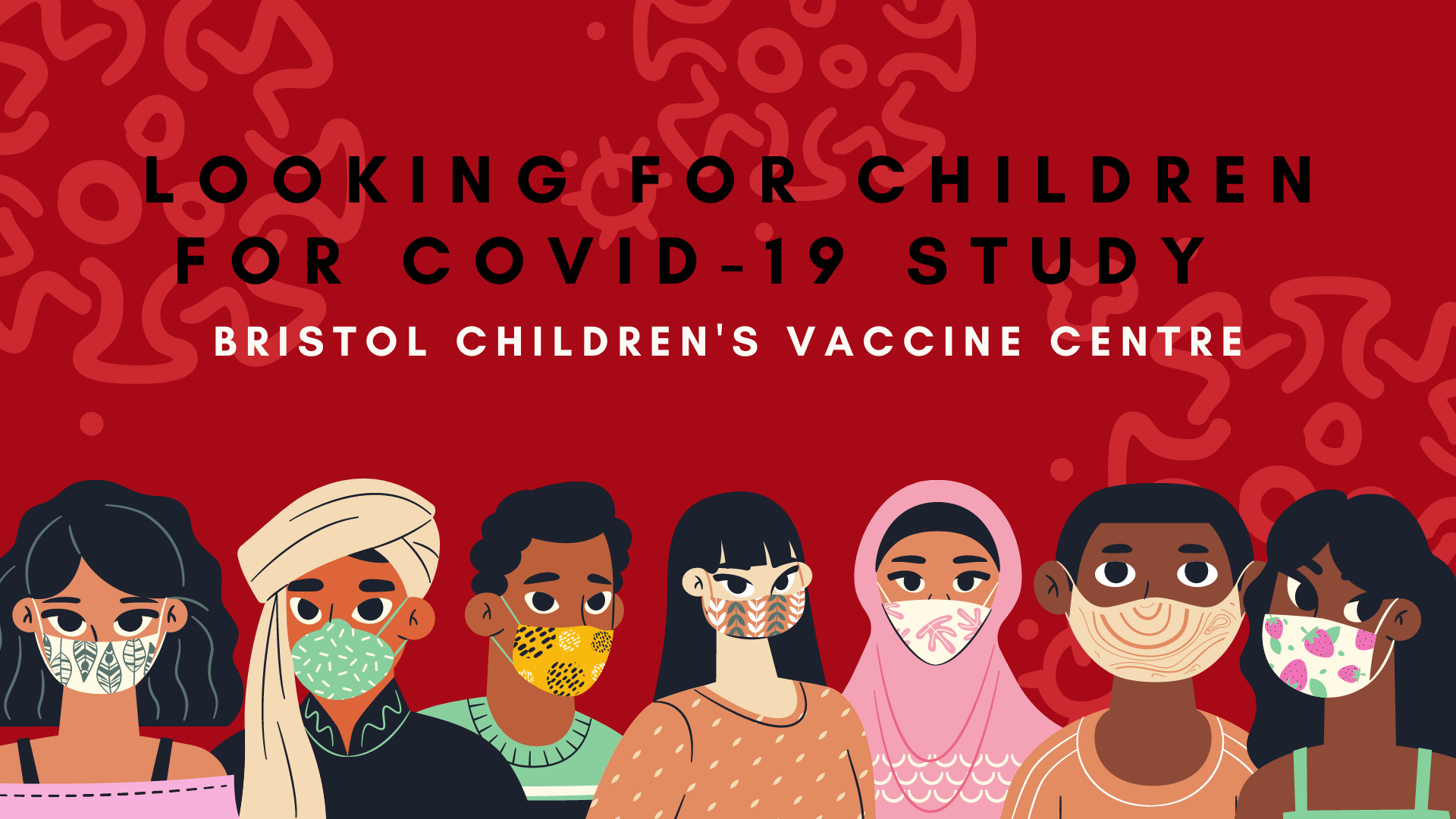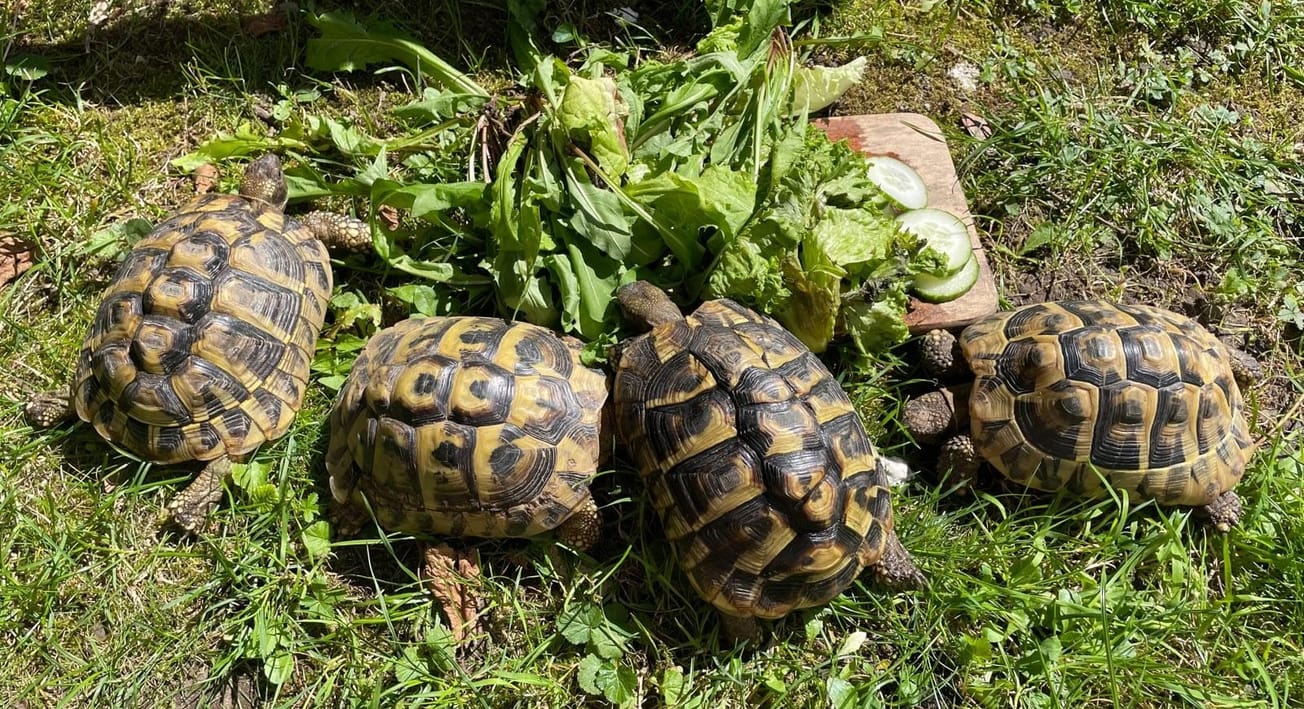By Julia Riopelle, SciTech Editor
Are you between the ages 0 to 19, or do you have a younger sibling or child in this age range? Do you live in the Bristol area? Bristol Children’s Vaccine Centre is looking for volunteers for a study seeing how well vaccines are working for children across the UK.
What’s the Story? (Serum Testing Of Representative Youngsters) is a study being run by Bristol Children’s Vaccine Centre and the Oxford Vaccine Group, which aims to represent how well-protected young people are from certain infectious diseases.

‘This study is looking to measure the antibodies against infectious diseases such as COVID-19 to see what proportion of the population have come into contact with the disease’, explains Isabel Rowbotham, a staff member of the study and University of Bristol graduate.
Dr Marion Roderick, the study’s lead investigator, visiting Senior Lecturer at Bristol Medical School and consultant paediatrician at Bristol Children's Hospital, said: ‘The scientific community's understanding of SARS-CoV-2, the virus that causes COVID-19, is improving every day. This research will help us understand whether we need to make any changes to the UK vaccine schedule and will tell us about the number of COVID-19 infections in the UK’.
Why specifically Black, Asian and minority ethnic groups?
From the research carried out so far it has become clear that people from minority ethnic groups are at greater risk of becoming sick with COVID-19. We need to understand why and tackle this urgently through health research.
Who are What’s the Story? looking for?
The study team is especially keen to hear from people from Black, Asian and minority ethnic groups aged 0 to 19 from any Bristol postcode, as well as children aged from birth to five years from any ethnicity from postcodes: BS2, BS3, BS8, BS20, BS37, BS41.
The study is not actively looking to enrol individuals with known or suspected COVID-19, but instead want a snapshot of the general population. Please do not volunteer if you think you have COVID-19, they will not provide a free test and disclose any results. However, you can volunteer if you have had it in the past, or even if you have never encountered the virus. The study is looking at population level information and cannot provide individual results.

What happens in this study?
- They are currently looking to enrol children and adults aged 0 to 19 years old.
- They will arrange to see you in a clinic in a location near to you.
- They will ask you some basic information including age, gender, ethnic group and vaccination history.
There will be a single visit with a blood test. - Local anaesthetic skin cream can be used for children to reduce any discomfort during the blood test.
- They will ask if you would be happy to be approached for additional blood and saliva samples at two monthly intervals (this is optional, and the maximum number of additional visits is three.)
- You will be given a £20 voucher as reimbursement for travel.
The whole appointment should take around 45 minutes.
Information brochure for children between ages 7 to 10
Information brochure for children between ages 11 to 15
Information brochure for parents
Information brochure for adults
Remember, you have the right to stop volunteering whenever you would like. If your parents want you to participate, but you do not want to, that’s okay! You can say no.
What will happen with your blood and saliva samples?
Your samples will be coded, so that your identity remains a secret. Then it will be sent to a laboratory, where scientists will look for antibodies. Antibodies are little proteins in your body that act as a defence in your immune system. When a dangerous disease enters your body, it is your antibodies that attack it, in order to protect you from any harm!
The laboratory would also like to save a sample of your DNA, the ‘code’ in your cells that makes you, you. However, if you don’t want them to keep your personal genetic code, you can say no!
Why is it important to have young people volunteer?
Bristol Children’s Vaccine Hospital: ‘This information will also help Public Health England and the Scientific Advisory Group for Emergencies (SAGE) make decisions on how they manage the COVID-19 pandemic response now and in the future.’
To find out more about the study and how to take part, visit the What's the STORY website, email story-study@bristol.ac.uk or telephone +44 0117 342 0160.
Featured Image: Epigram / Julia Riopelle (Using Canva)
Do you know of anyone who would like to volunteer?







